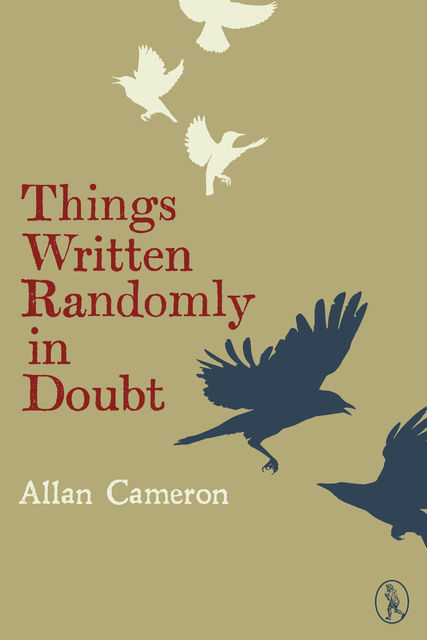A work in three parts, Things Written Randomly in Doubt starts with aphorisms in “How Not to Be a Ruminant”, shifts to essays in “Weights and Counterweights”, and concludes with poetry in “By the Metre”. Some arguments appear in more than one section, and include nationalism, class, free will, religion, literature and the arts, but the theme of human relationships runs through the entire book, and is most closely examined with reference to Martin Buber’s ideas in a long essay entitled “Cats and Dogs, and Other Things We Cannot Understand”.

